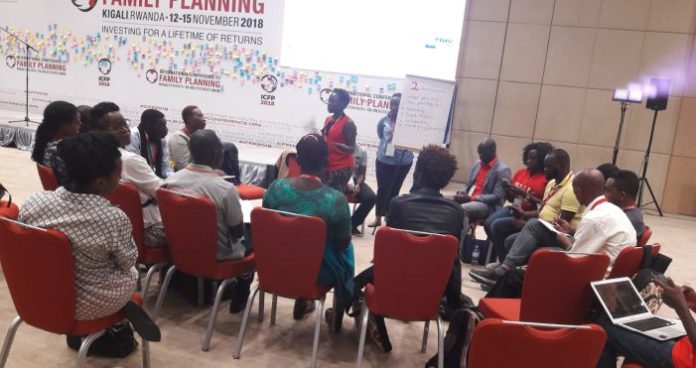
The 5th International Conference on Family Planning kicked off at the capital of Rwanda on Monday
The world may miss the Family Planning 2020 target of providing contraception access to 120 million more women by 2020.
As policymakers, governments and researchers from across the world converge this week at Kigali, capital of Rwanda, for the 5th International Conference on Family Planning, the fact that despite more women than ever making informed reproductive choices, there is significant ground to be covered, struck a sombre note.
“As of July 2018 315 million girls and women had access to contraception – the highest in history,” said Dr Natalia Kanem, executive director of the United Nations Population Fund, during her address at the opening plenary.
More than 3,700 global policymakers, researchers, young people, faith leaders and family planning advocates from around the world gathered in Kigali, Rwanda to attend the 2018 ICFP themed “Investing for a Lifetime of Returns,” co-hosted by the Bill & Melinda Gates Institute for Population and Reproductive Health at the Johns Hopkins Bloomberg School of Public Health and the Ministry of Health of the Republic of Rwanda.
“We are only half way there; 214 million women and children across the world want to delay pregnancies but still do not have access to contraception”
Even as speakers marvelled at the remarkable progress made in reaching women and girls, the very real possibility of missing the 2020 goal loomed large. “We are only half way there; 214 million women and children across the world want to delay pregnancies but still do not have access to contraception,” said Dr Chris Elias, president, Global Development Division of the Bill and Melinda Gates Foundation.
This year for the first time the FP2020 report that charts the course of achieving that target, lists country spendings on family planning. This is one of the indicators of government commitment. The report shows that with a total spend of $249000000 in 2016, India spent the most on family planning













